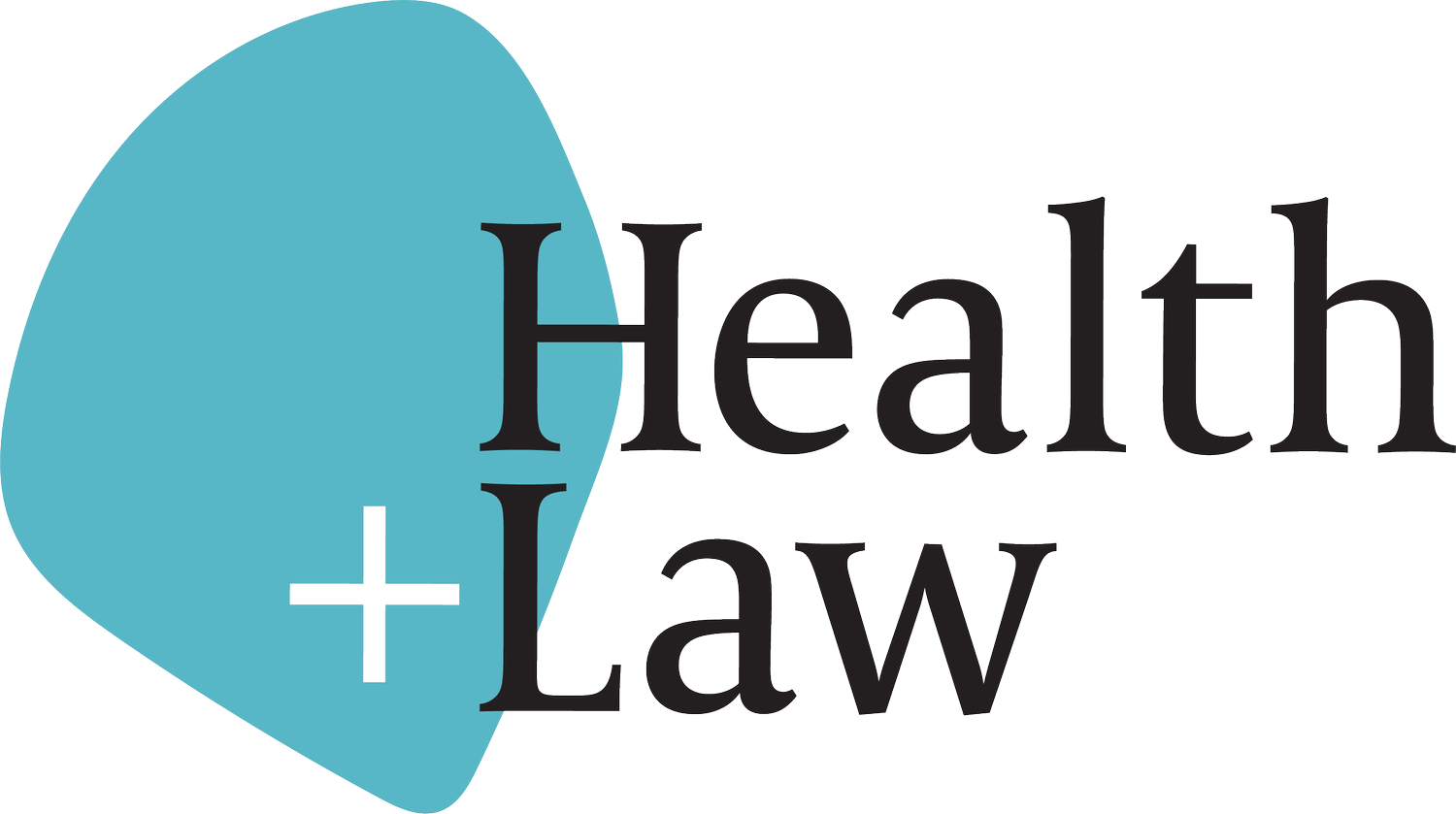Shaping the Future of Hepatitis
This month on 28 July 2025 we mark World Hepatitis Day. This year’s theme, ‘It’s Time for Action', is an urgent reminder that more needs to be done if we are to reach Australia’s national hepatitis B and hepatitis C elimination targets by 2030.
Ahead of this year’s World Hepatitis Day, we have rounded up some highlights from our work on hepatitis B and the law and collaborations with our partners from over the past year.
Inaugural National Hepatitis Peer and Community Worker Summit
Across two days last month, Hepatitis Australia brought together peers and community workers from every corner of the country for the first-ever national hepatitis B and C Peer and Community Worker Summit. Hosted by Health+Law at the Faculty of Law & Justice, UNSW on June 23–24, and supported by the Kirby Institute, this landmark new event united peer workers with sector colleagues and researchers, including members of the Health+Law team, to share knowledge and skills to increase the impact of their work. The summit wove together lived experience, practical skills and collaborative design to set the agenda for Australia’s hepatitis B and hepatitis C community response, and included participants from LiverWELL, Hepatitis NSW, Hepatitis ACT, HepatitisWA, Hepatitis Queensland, TasCAHRD, NT AIDS & Hepatitis Council Inc., Hepatitis SA, Hepatitis B Voices Australia, and Griffith University
As part of the Summit, Rhys Evans, Louisa Loung and Cara Bruce from Health+Law delivered the first ever ‘Legal First Aid’ workshop, which we devised as a way to equip peer and community workers with the tools to be legal problem-spotters and referrers. The Legal First Aid training includes a range of examples and case studies about how a peer or community worker might assist a person to find help for their legal problems, and the types of problems people face. These skills are crucial, as the forthcoming reports from our national legal needs research show, because people living with hepatitis B experience health-harming legal problems with impacts on their health and access to hepatitis B-related care.
Legal First Aid workshop, delivered by Health+Law researchers, Rhys Evans, Louisa Loung and Cara Bruce, at Hepatitis Australia’s National Hepatitis Peer and Community Worker Summit
Hepatitis B & Migration FAQ
For people affected by hepatitis B, navigating the Australian visa and migration system can be a stressful, uncertain and costly journey. Those affected by hepatitis B who have migrated – or who have friends, family or colleagues that have been through the process – understand all too well the administrative burdens demanded by the health requirement and mandatory health assessments for visa applicants. These present an added layer of complexity to an already complex process, often leaving applicants with more questions than answers; and historically there has been very little reliable, up-to-date, publicly available information dedicated to people affected by hepatitis B migrating to Australia.
For this reason, a group of health practitioners, researchers, lawyers, epidemiologists and advocates from LiverWELL, Hepatitis B Voices Australia, the WHO Collaborating Centre for Viral Hepatitis and Health+Law collaborated late last year on the Hepatitis B Visa & Migration FAQ. The FAQ is a resource designed to demystify the migration process and provide clear, up-to-date and reliable guidance for people affected by hepatitis B, their families and communities, and the peers and professionals that support them. The guide addresses the real-life migration and visa-related questions that individuals and families affected by hepatitis B grapple with.
Recent Publication: Mapping the Legal Landscape Around Hepatitis B in Australia
In October 2024, we published, ‘Hepatitis B and the Law in Australia: A Mapping Review of Contemporary Case Law’, which offers the first data on how formal legal processes intersect with hepatitis B in Australia. An estimated 200,000 people live with chronic hepatitis B in Australia, making it the country’s most prevalent blood‑borne virus. Yet until now, there has been no comprehensive account of the legal challenges facing this community. By cataloguing and analysing more than a decade of legal judgements and decisions, our mapping review identifies the gaps in legal protections and opportunities for targeted reform.
Legal mapping of this kind allows health socio-legal researchers to ‘take the pulse’ of the legal environment surrounding a particular issue. Our report examines a multitude of diverse legal areas where hepatitis B has surfaced in Australian courts and tribunals, ranging from migration law to infant health, family law, discrimination and privacy. By systematically searching for, screening and analysing available judgments and tribunal decisions, the study paints a picture of where and how hepatitis B, when documented, can become a factor in legal disputes.
One trend we identified was that the state often acts as a party or prosecutor in most hepatitis B-related cases, as opposed to private law matters between individuals or organisations, of which we uncovered very few examples. This means that state practice will be a key site of intervention for improving the legal environment surrounding hepatitis B.
Another trend is the surprisingly small number of cases addressing hepatitis B in any significant way. This raises complex but important questions about the legal environment surrounding the virus and the people it affects. Why does hepatitis B emerge in so few cases, compared with HIV and hepatitis C, which are less prevalent conditions in Australia but appear more often in case law decisions? This is a question that the larger findings of the LeNS study, which are coming soon, will address in more detail and that we will continue to report on.
Download and read the complete report of our mapping review here.
Citation: David J. Carter, Anthea Vogl, Rhys Evans, James Brown, Hamish Robertson & Dion Kagan (2024), ‘Hepatitis B and the Law in Australia: A Mapping Review of Contemporary Case Law’ (2024), Health+Law, Sydney, http://dx.doi.org/10.2139/ssrn.4977213.
Two Webinars on Hepatitis B and the Law
In October 2024, we kicked off a two-part webinar series exploring the intersection of hepatitis B and migration in Australia. Together, these sessions unpacked the legal, medical and practical hurdles faced by people living with hepatitis B who are seeking to migrate to Australia, and offered key insights for the professionals who assist them.
An Introduction to Hepatitis B and Migration in Australia
In this first webinar, Health+Law Partner Investigator and Principal Solicitor Vikas Parwani (The HIV/AIDS Legal Centre) and Health+Law Chief Investigator Associate Professor Anthea Vogl (UTS Faculty of Law) mapped out Australia’s migration system and its ‘significant cost threshold’ for health conditions. They showed how migration agents, lawyers, clinicians and community organisations can work together to help prospective migrants navigate visa health requirements and how recent legislative changes may ease the path for people with hepatitis B.
WATCH An Introduction to Hepatitis B and Migration in Australia
Hepatitis B and Migration to Australia: Navigating and Supporting Medical, Legal and Other Processes
This follow‑up session, chaired by Health+Law Partner Investigator and ASHM’s Policy and Public Affairs Manager Benjamin Riley, brought together voices from policy, law, public health and community leadership, focusing on how healthcare practitioners, community workers and lawyers – among others – can support their patients and clients through the migration process. The speakers include:
Lien Tran (Hepatitis B Voices Australia)
Vikas Parwani (The HIV/AIDS Legal Centre and Health+Law Partner Investigator)
Professor Benjamin Cowie (WHO Collaborating Centre for Viral Hepatitis, The Doherty Institute)
Lucy Clynes (Hepatitis Australia and Health+Law Partner Investigator)
We have a series of articles, reports and other research outputs in the pipeline addressing the experience of people living with hepatitis B in Australia. To stay across these, sign up to our newsletter here.
World Hepatitis Day 2025 Resources:



